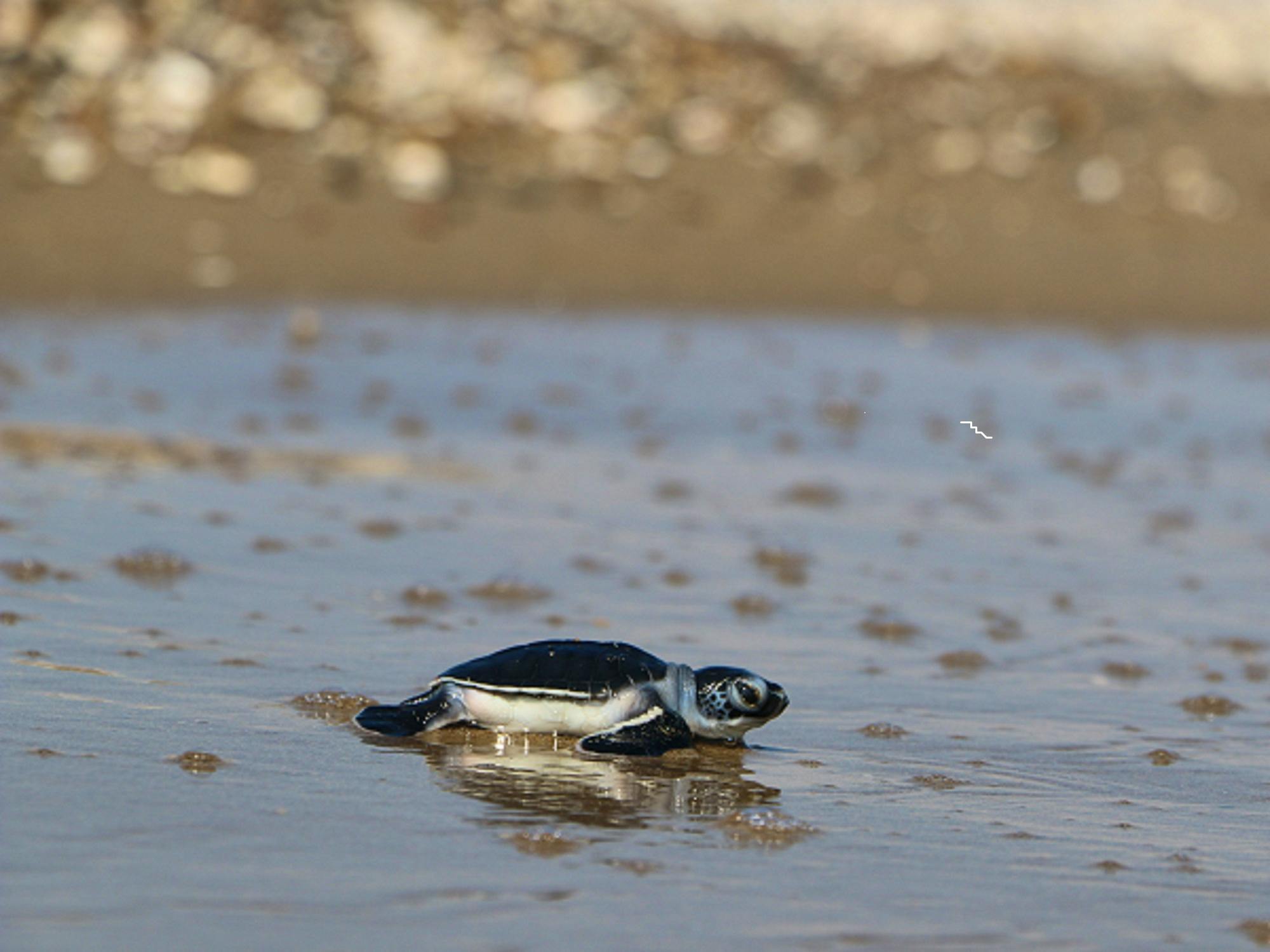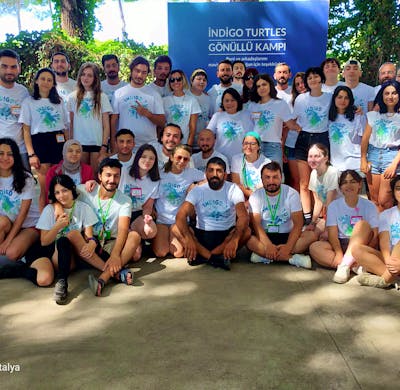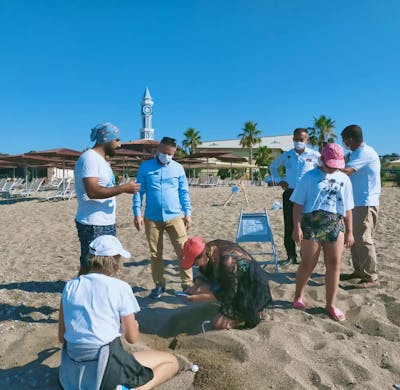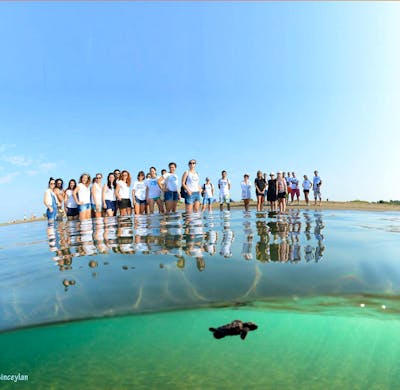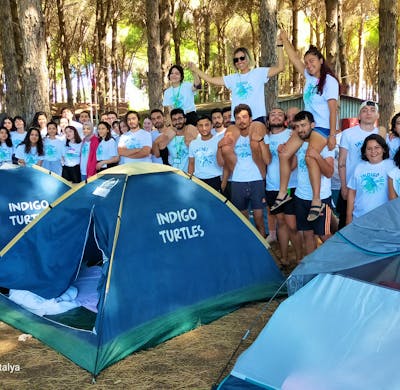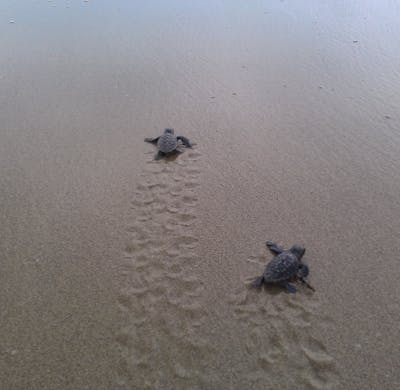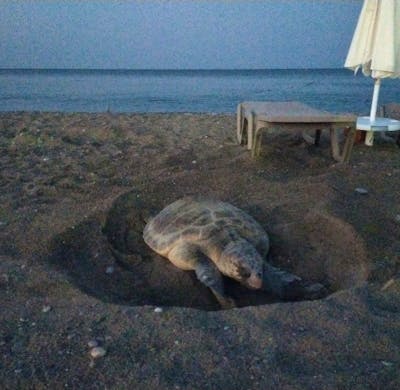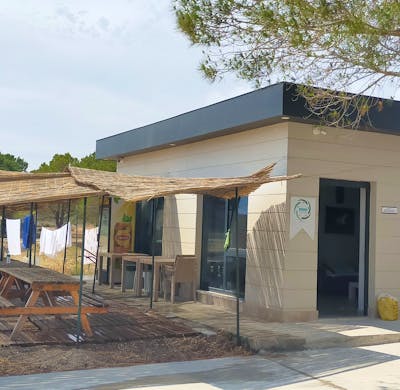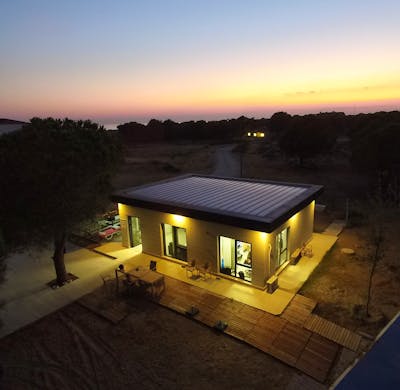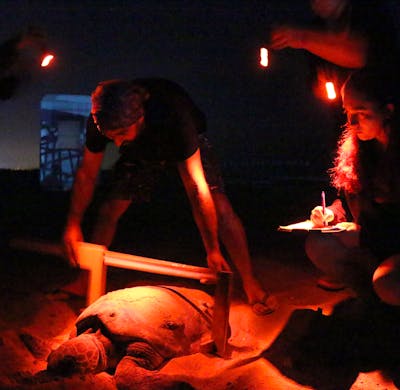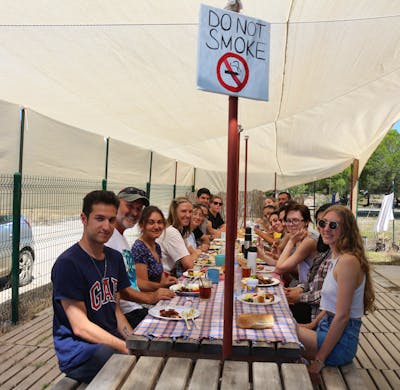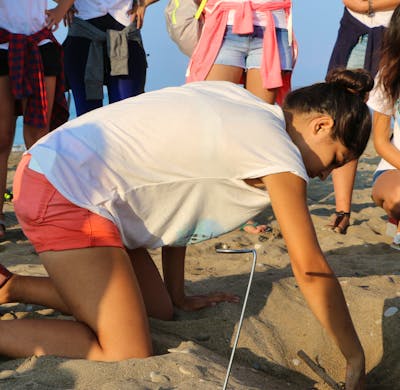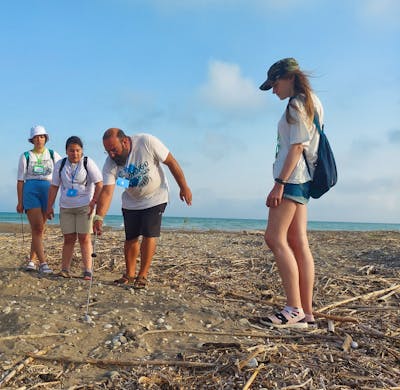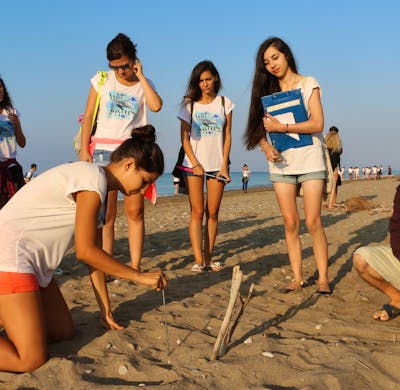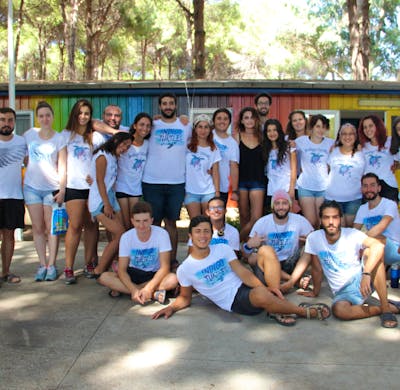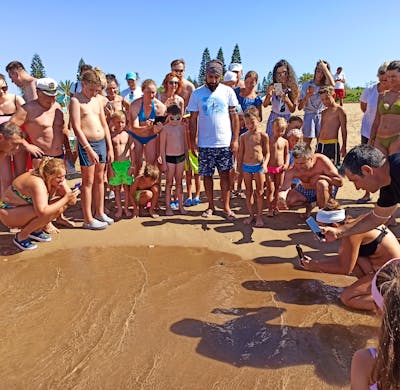Our volunteer program aimed to support field work at the Belek and Kızılot Sea Turtle Nesting Beaches. Both Belek and Kizilot are important nesting sites as well as tourism investment zones, giving extra importance to their protection, where conservation efforts need to be carefully planned to ensure viability and sustainability.
Teams of international and national volunteers, experienced field leaders and experts in these fields monitor beaches throughout the summer, record nests, monitor nests and collect data on nests until hatchlings emerge from the nest, record sea turtle nests, hatchlings and issues affecting the population, place protection or informational cages where needed, and also conduct awareness-raising activities with tourists, locals and tourism facilities.
Our volunteer program not only gives students the opportunity to fight for a cause for nature, but also gives students who are planning their academic careers in this field the opportunity to gain the experience they need in teamwork, scientific study and conservation work.
About the Project
According to Canbolat, in 2004 Belek was the second largest known nesting site for Caretta caretta in the Mediterranean. By 2021, Kızılot is recognized as another important nesting site for sea turtles. However, the accelerated transformation of both areas into major tourism centers poses a significant threat to populations that rely on them as nesting beaches.
Most hatchlings emerging from nests on these beaches face difficulties reaching the sea, primarily due to natural or anthropogenic factors. Natural causes are usually tidal flooding of nests and predation. Anthropogenic factors include inappropriate beach use, presence of litter, artificial lights, interference with adults and nests, and boating and fishing activities.
Vehicle access to the beach poses a threat as it compresses the nests under the sand, preventing hatchlings from emerging. Deep tire tracks also act as traps for vulnerable chicks. Likewise, the removal of sand from beaches significantly disrupts beach topography, posing a serious risk to both nests and chicks.
Parts of the coastline specifically reserved for tourism facilities intersect with sea turtle nesting areas. Sun loungers, umbrellas and walkways in this area can create physical barriers for adult turtles, disrupt the natural development of eggs in nests under or around them and pose a risk to hatchlings.
Other threats to sea turtles include fishing lines and nets, boat propellers, marine and coastal litter, noise and light pollution. Artificial light sources pose a particularly serious risk as they can disorient hatchlings, causing them to crawl towards land and die. Interfering with chicks, nests and adults also reduces hatchling success.
These challenges can be addressed through the implementation of sustainably designed conservation efforts and arrangements that are meticulously planned and executed in collaboration with the facilities. And this is exactly what our project is dedicated to. The projected success of this initiative is poised to not only secure the existence of sea turtle populations in the region, but also serve as a model of excellence for other nesting beaches facing similar threats.
Tasks
- Morning shift: 5.30 - 11.00
- Breakfast and cleaning in the morning on return from the field (cleaning list defined in the campsite varies)
- Night Shift: 22.00 - 3.00 (varies according to project hours)
The tasks listed above are generally routine tasks and in addition to these, different assignments are also made within the scope of the project.
Kamp Alanları
You have two options for accommodation:
1. The camps are equipped with prefabricated facilities with air-conditioned rooms. These rooms have bunk beds, wardrobes, bedside tables and dressers.
2. There are designated tent areas for those who prefer to sleep under the trees. Those who prefer tents are advised to bring their own tents and camping equipment.
What to Bring
Local supermarkets usually stock a wide range of products, but it's important to remember that a particular product or brand you use regularly may not always be available.
Be sure to bring
- ID card, proof of health insurance and - if applicable - driver's license
- If you are staying in a tent, relevant camping equipment
- Comfortable clothes suitable for walking on the beach (light colors for morning shift, dark colors for night shift - camouflage)
- Comfortable shoes for field work (sneakers or sandals)
- Clothing suitable for cold and windy weather
- Medicines you take regularly (and prescription medicines, if any)
- Sunglasses, sunscreen, hat
- Bed linen and pillowcases
- Thermos or water flask
- Coffee mug
- Toiletries/shower facilities
Recommended things to bring with you:
- Beach equipment
- Insect repellent
- Prescription if prescription glasses or lenses are used
- Basic medicine kit (painkillers, muscle relaxants, burn creams, band-aids, bandages, diarrhea and allergy medicines, etc.)
- Notepad
- Backpack
Optional
Camera, video camera
- Musical instruments, board games
- Tablet or laptop
- Swimming and diving equipment
- Binoculars, field guide books
IMPORTANT REMINDERS:
Field work may require waking up very early or staying up very late.
Living spaces are usually shared by around 30 or more people. The ability to adapt to communal living and build good relationships with new acquaintances is crucial for the efficiency of the project.
Pets should not be brought to our camps.
Medical Advice
All volunteers MUST have health insurance (private, public or travel insurance) and must provide proof of this upon arrival.
Any known allergies or health conditions that require attention must be clearly indicated on the application form. It is important to note that there are biting insects such as mosquitoes and bees in Antalya and our campsite is located under pine trees.
Dietary restrictions (diabetes, vegetarian, etc.) must be clearly indicated on the application form. As we cannot guarantee a vegan diet, these people may need to cook their own meals.
No specific vaccination is required for the project. However, it is generally recommended that fieldwork participants consider tetanus, rabies and Hepatitis-B vaccinations.
Pharmacies, fully equipped private health institutions and public hospitals are located near the campsites.
The following conditions may pose a risk during fieldwork and a physician's opinion on participation in the program is recommended:
- Hypersensitivity to sunlight, high temperature and humidity
- Gait disorders (including flatfoot)
- Respiratory disorders (including asthma)
- Chronic cardiovascular diseases
- Poor night vision
- Deafness (uncorrected)
- Epilepsy
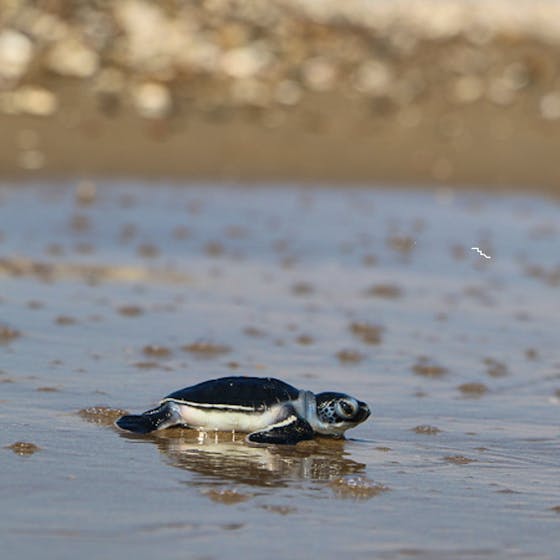
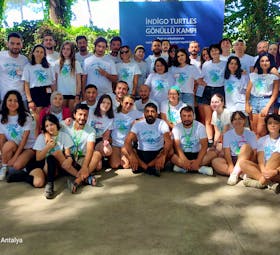
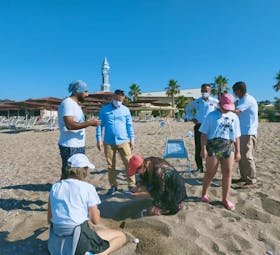
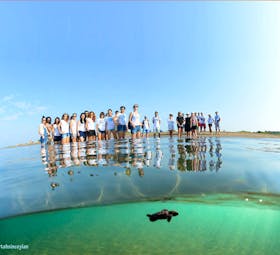
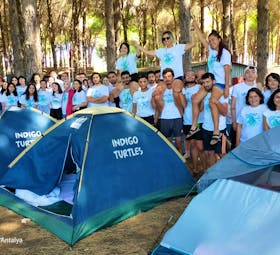

 4.9
4.9

